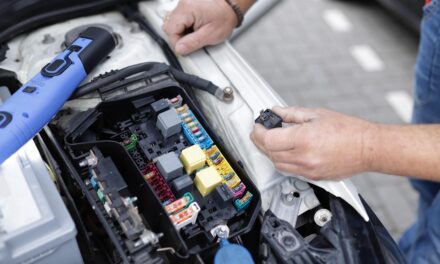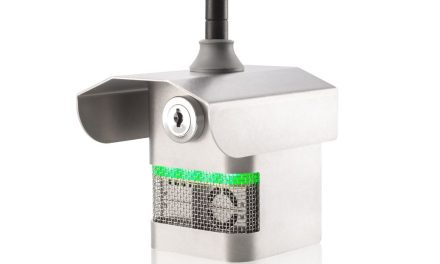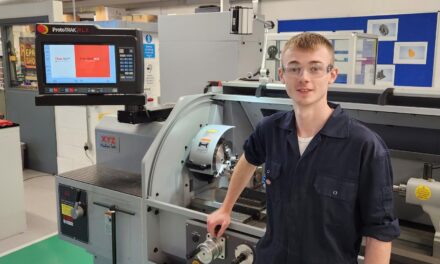All businesses are currently facing challenges in keeping employees and staff safe, while trying to continue to operate as best they can. In recent months Burnley Football Club in the English Premiership has not been exempted from the challenges of ensuring that players and support staff alike are able to return to a Covid-safe environment.
So, how do you address that challenge when your player assets are worth £136.87 million, and you need to resume training and playing – particularly when ‘normality’ means close contact, high levels of cardio fitness breath expulsion , sweat and “hands-on” physio?
As with many workplaces, the starting point was to split the squads into ‘bubbles’ with their own support team to reduce the risk of transmission between groups. The next step was strict temperature taking measures on entrance to the stadium and training grounds.
These measures, while a good start, did not alleviate the risks that came through players sharing gym equipment, showers and changing rooms. The transmission of microbes, particularly SARS-CoV-2 , takes place via respiratory droplets that are produced during exhalation, especially during increased cardio exercise, and this is greatly heightened indoors as winter training commences.
The larger of these droplets fall quickly onto surrounding surfaces, on which they can survive between cleans, and whilst being transferred to others via the hand-surface-hand route. By being passed from surface to surface – particularly high-touch objects , an infection can travel through a building quickly, and while every effort is made to keep surfaces disinfected, that method cannot be 100% constant , which was a concern for Burnley FC’s medical team.
Simon Morris Burnley FC doctor explains: “While Covid-19 is the prevalent concern, infection control in general is paramount within the club. Peak performance is required from every member of the squad – and one missed training session or game for any player is potentially very costly to the club; we are constantly looking for means of reducing the likelihood of sickness and infection. Whilst our cleaning regime within changing and training areas is excellent, in terms of microbial transfer, it only works as a temporary moment-in-time cleanser.”
To address the inadequacies of transient cleaning with disinfectant sprays, Burnley’s medical team looked to a new nanocoating technology to provide them with a longer-term antimicrobial solution in the form of Liquid Guard.
Liquid Guard is a permanently bonded antimicrobial nanocoating that was named as a ‘German Innovation Award Winner 2019’ after its launch. To win it had to demonstrate the effectiveness of the antimicrobial nano technology on a range of microbes (bacteria, viruses and fungi) and its long-term adherence to surfaces. Following independent validation of the references and field test results using ATP (Adenosine Triphosphate) swabs, the medical team at Burnley FC decided to have it applied to extensive areas of their stadium and training ground. Dr. Simon Morris continues: “We have coated the home and away changing areas at the Turf Moor stadium, along with high touch surfaces such as the railing in the players’ tunnel, and extensively throughout our training academy facility – including the drinks machine!”
As with all business, costs play an important part in the decision-making process. On being asked whether the cost of a long-term coating is justified when the cleaning down seems to be constant Dr. Morris explains: “Whilst the described performance of Liquid Guard seemed too good to be true at first, if it results in only one less infection spread, be it a cold or Covid-19 , then it’s paid for itself already.”
The ease of automated and hand application meant that Liquid Guard was quickly and easily applied to the focus areas by Restoreo Repairs – (Liquid Guard Approved contractor). Their team of trained applicators worked methodically through the rooms cleaning and applying the antimicrobial coating professionally.
The club can take reassurance that Liquid Guard is continually eliminating pathogens from regular testing of surfaces using Adenosine Triphosphate (ATP) tests. By following a protocol of measuring antimicrobial activity prior to coating and then re-testing to monitor pathogen levels on a monthly basis employees and visitors can be reassured that sanitising surfaces is a constant fixture!!
The importance of Burnley FC maintaining training and playing throughout the pandemic is far-reaching; clubs like Burnley contribute greatly to the local community in many ways. Employment first and foremost, but also charitable support and particularly prized in these testing times-escapism and camaraderie for their fans.



